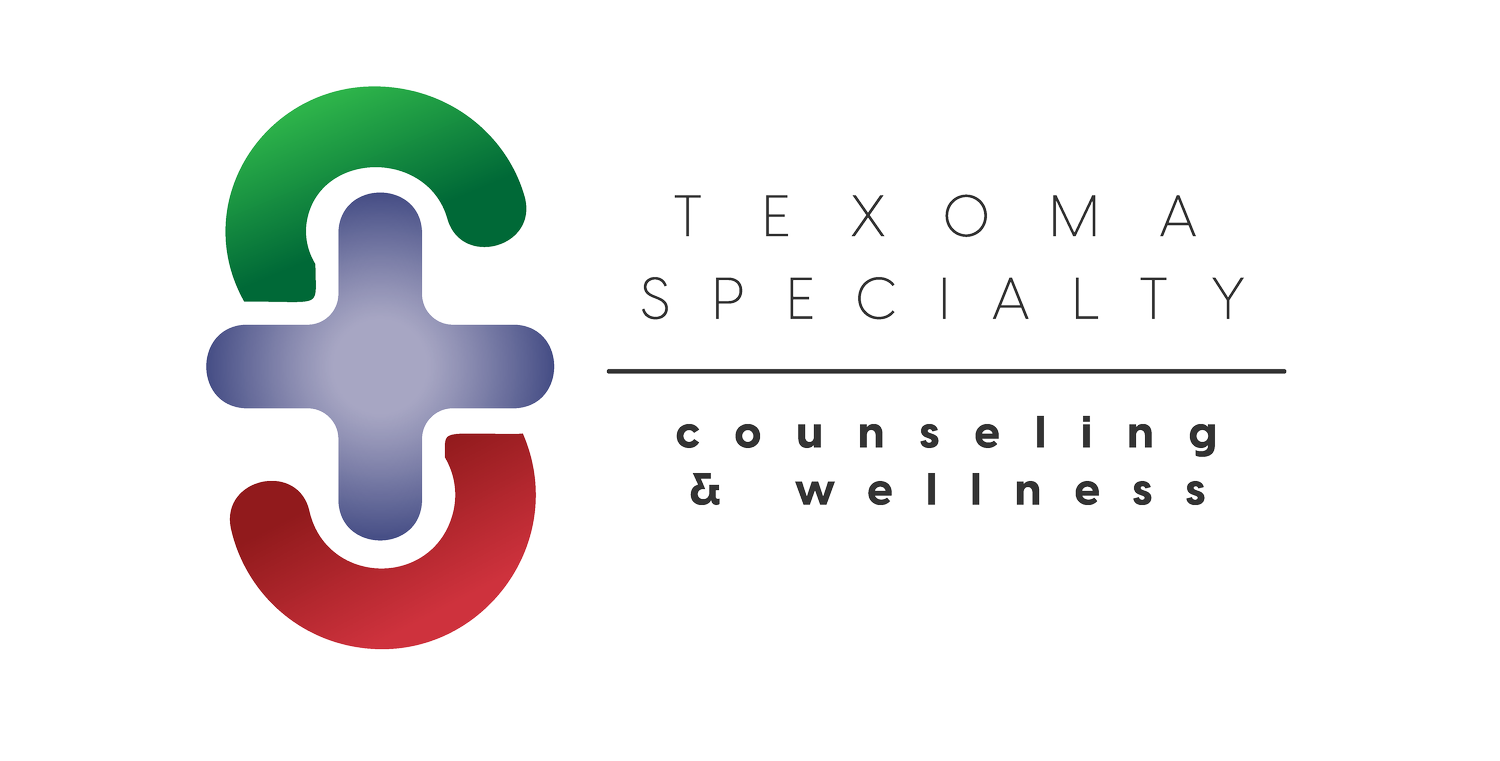Healing From Trauma
People can overcome trauma and live healthy & happy lives.
Trauma is an event or situation that is causes you to feel your life and your wellbeing are in danger. Trauma causes you to feel scared. Trauma causes you to feel worried. Trauma causes you to fear those you love are in danger. A traumatic event can happen one time, or it can re-occur. No matter how many traumatic experiences you have had you most likely felt emotionally, physically, and mentally overwhelmed and in danger.
Trauma can and will impact all areas of your life.
It will complicate physical health, emotional health, and mental health, and it will impact relationships with others. Trauma impacts physical health because the body is in a constant state of stress and upset. Imagine tightening a drum. This is what happens when the body is under stress and upset. The muscles tighten and body systems either speed up or slow down to allow the body to prepare for a response to a frightening situation.
Having the body is a state of danger and tenison will cause increased irritability and frustration; the traumatic experience itself will cause emotional upset. People will experience fear, anger, depression and sadness, and anxiety and worry. Many of my clients have also reported feeling numb after a trauma. Trauma impacts emotions because the traumatic experience changes how the brain stores information. Trauma memories stay stuck in the brain. Therefore the fear, anxiety, sadness, worry, anger, guilt, etc. linger.
Thoughts associated with trauma also linger long after the trauma experience. Trauma changes the way a person thinks. Suddenly the world is no longer safe, you are no longer safe, or your loved ones are no longer safe. Essentially the bad event makes you feel responsible. You may have been told things or saw things that further cause doubt, guilt, and shame. Many of my clients feel it is their fault and the traumatic event was deserved. This is simply not true. But telling you that is not going to make those thoughts go away. Trauma causes you to believe these things are true.
I have seen clients live with trauma for many, many years. The good news is that people can overcome trauma and live healthy and happy lives. The way to feel better is to change your thinking about what happened.
Trauma-focused Cognitive
Behavioral Therapy (TF-CBT)
Trauma-focused Cognitive Behavioral Therapy (TF-CBT) is a very simple and effective method to help individuals overcome trauma. It is also a simple solution-focused technique for therapists to help individuals heal. I have used TF-CBT with numerous individuals and I have seen people overcome the fear, uncertainty, and low self-esteem associated with trauma.
TF-CBT helps empower the individual. The first component of this model is to offer education about trauma and the event that occurred. Knowledge is power. I once had a young client look up at me in session and say “I thought it was my fault”; but then sighed a sigh of relief after learning about trauma dynamics. Simply gaining education about what a trauma is and what the symptoms are helped this client move away from shame and guilt.
Remember how I said trauma memories get stuck? This makes most people want to avoid remembering, thinking about, or talking about the trauma because the memory and the feelings become real again. But in order to get past trauma one needs to remember. So in order to help address any upset emotions the next step of TF-CBT involves learning and practicing relaxation and coping skills. The client learns how to safely diffuse upset emotions. This part can be fun! There are so many creative ways to express emotions. Once you learn how to relax and deal with upset emotions it is easier to process traumatic memories.
Trauma-Focused Cognitive Behavioral therapy involves asking individuals to write a narrative about the event. This may sound really scary but by this point you will have a plan for addressing any emotional upset. The narrative helps identify any cognitive distortions. My clients are able to see wrong thinking and see how thoughts were not helpful to them. The education and the new coping skills helped my clients see their trauma in a different way.
I have witnessed individuals gain confidence, courage, empowerment, and love following treatment using TF-CBT. It is a modality that really works. Don’t believe me? Look at the research. There is a lot of evidence to support the effectiveness of this method. I have included some of this evidence here for you: http://www.apa.org/monitor/2015/12/helping-children.aspx
If you, or someone you loves, wants help for dealing with trauma find a therapist in your area that specializes in Trauma-Focused Cognitive Behavioral Therapy.


